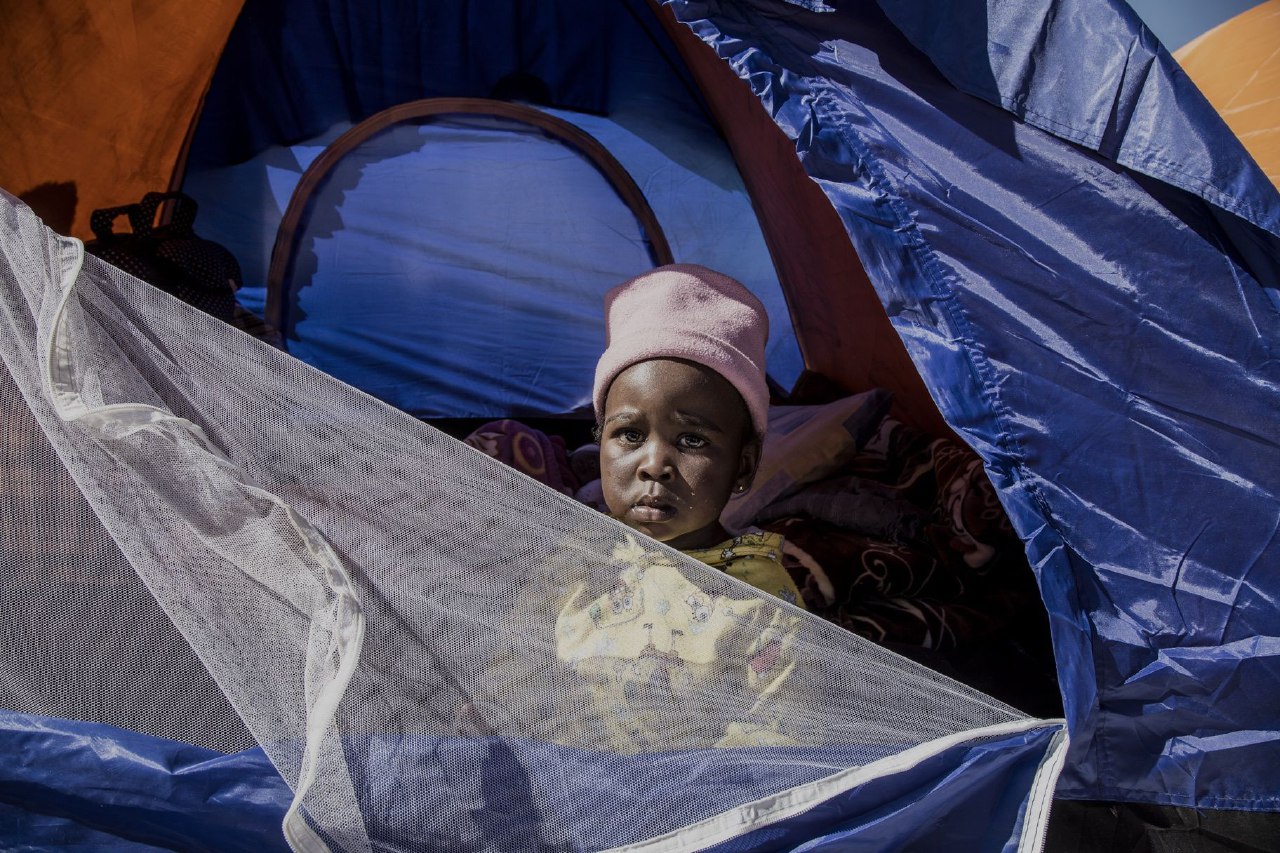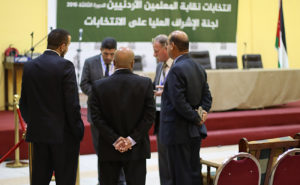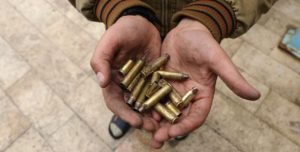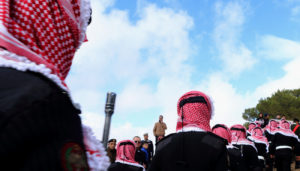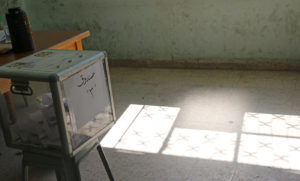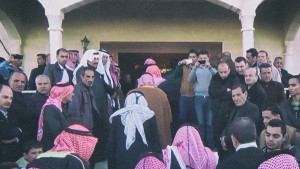“We’re the oldest refugees, we’re the ones who parted the sea.” That is how Idris Idris, an Eritrean refugee living in Amman, describes the history of Eritreans’ displacement to every part of the globe. Idris and other Eritrean refugees are demanding equal treatment by UNHCR in material assistance and in finding durable solutions for them such as resettlement in a third country.
Many Eritrean refugees do not discuss the circumstances that brought them to Jordan, given the long and complicated road that led them here. Rather, they focus on the difficulties they face in Amman, accusing UNHCR of “discrimination.”
Idris and fellow Eritrean refugee Tisqai Bairi met in Bairi’s home on Buhturi street with their families to discuss their life in Jordan. The focus of the discussion dwelled on the issue of resettlement. “There is resettlement for all the refugees except Eritreans, even though Eritreans are well-known overseas and have a good reputation. We have been refugees since the sixties,” says Idris.
Idris fled Eritrea to Sudan along with the rest of his family when he was a young child. In Sudan, Idris received refugee status but, due to “political and physical insecurity,” he later left for Jordan because “it was the closest and cheapest” place to receive medical care. In Jordan, Idris received refugee status for the second time.
Bairi, on the other hand, arrived in Jordan in in 2013 after having lived in Iraq for a number of years in “better conditions” than he currently faces in Jordan. However, the 2003 US invasion of Iraq and subsequent decade of war, in which he lost his son Yousef, forced Bairi to flee, alongside thousands of Iraqi refugees, to Jordan.
Despite that both Bairi and Idris have received refugee status from UNHCR, neither receives any material assistance.
Bairi estimates that he has accumulated around 1500JD in debt since he first arrived in Jordan, whereas Idris has been forced to violate the Jordanian labor law due to the absence of material support. Idris says that his work as a “day laborer” led to his being arrested by the Ministry of Labor’s “inspection teams” in 2014.
“What am I supposed to do? Become a thief? Of course I’m going to go back to work,” says Idris, who was only released from jail after UNHCR intervened on his behalf and he agreed to sign an agreement stating that he would not return to work and would face deportation if he was caught working again.
Bairi has similar stories regarding the inspection teams.
“A week ago they blocked off the whole area around Husseini Mosque, all the Arabs escaped but they blocked us in” says Bairi referring to the inspection teams that later barred him from his work as a day laborer transporting vegetables in the market downtown.
UNHCR has visited Idris’s home two or three times, each time denying to provide his family material assistance on the grounds that they received support from other organizations.
“What assistance do we receive from other organizations? A blanket?” asks Idris. “And what about the winterization assistance the UNHCR provided to all the refugees except the Eritreans? The discrimination is obvious.”
“You saw what happened to the Sudanese when they protested,” says Bairi when asked if he would protest UNHCR’s policies. “We just want to be resettled in another country.
For his part, Idris wants “justice” in UNHCR’s interactions with refugees of different nationalities. “Jordan can’t bear our problems. We have no issue with Jordan. Our issue is with UNHCR. They have to be just. A refugee is a refugee in the eyes of the law whether he is an Arab or an African or any other ethnicity.”



